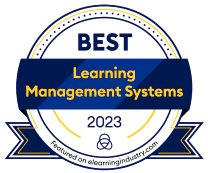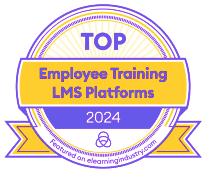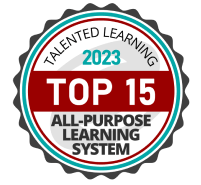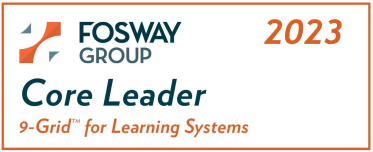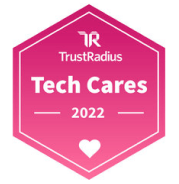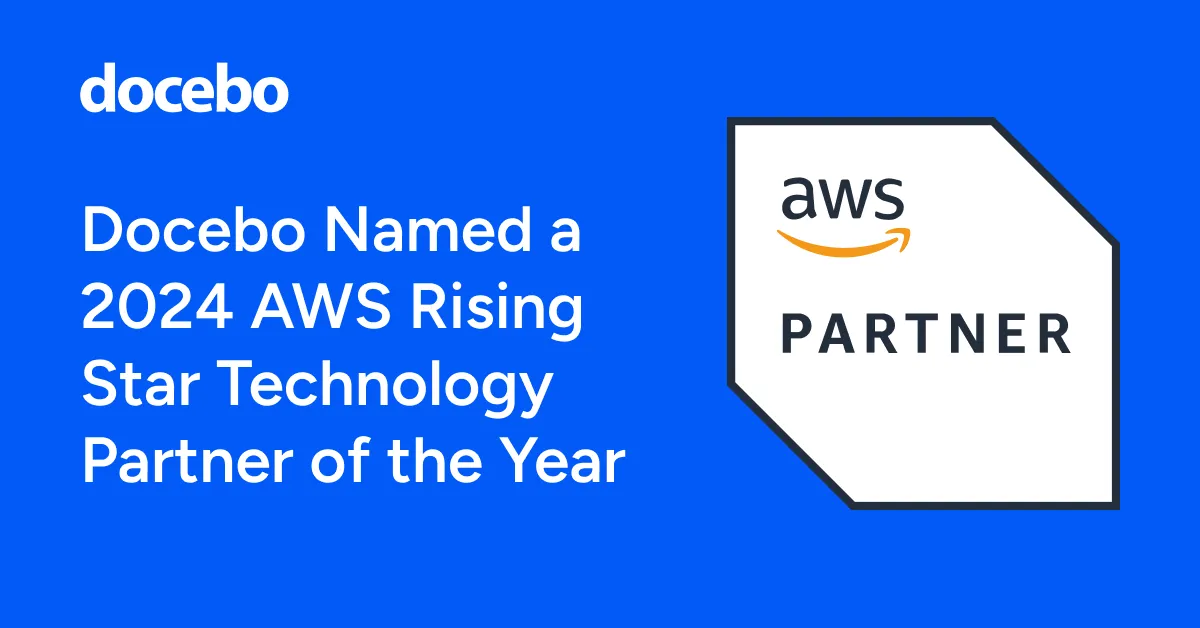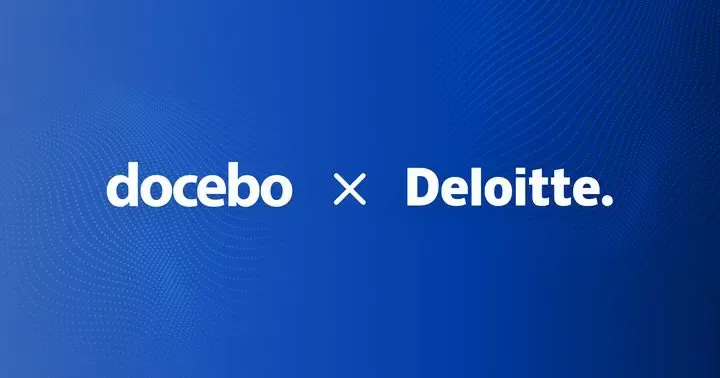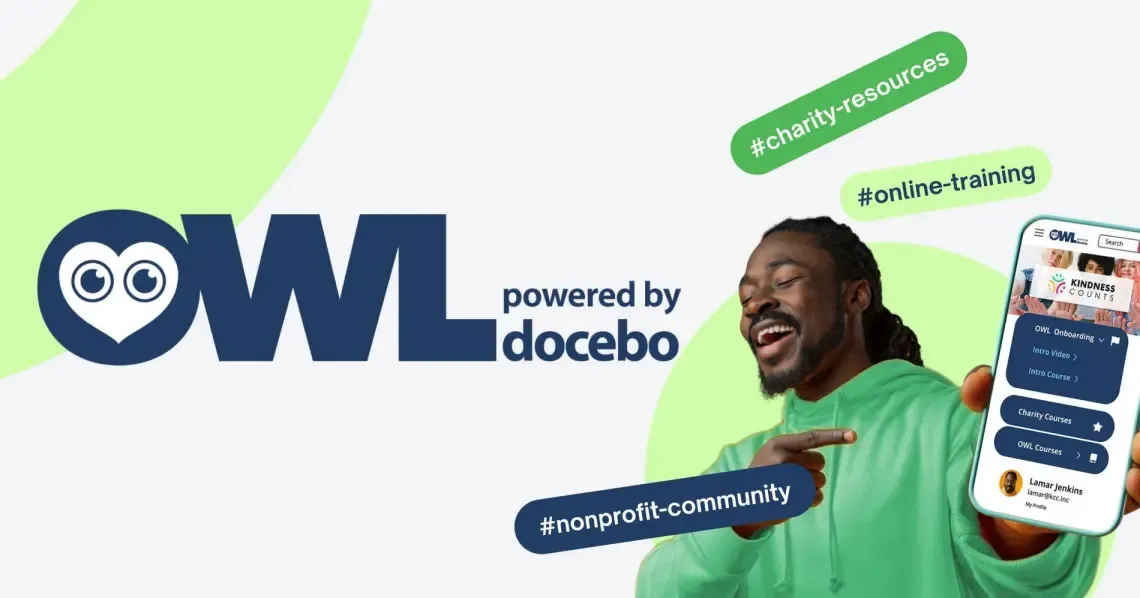The #1
global
customer
employee
partner
enterprise
learning platform
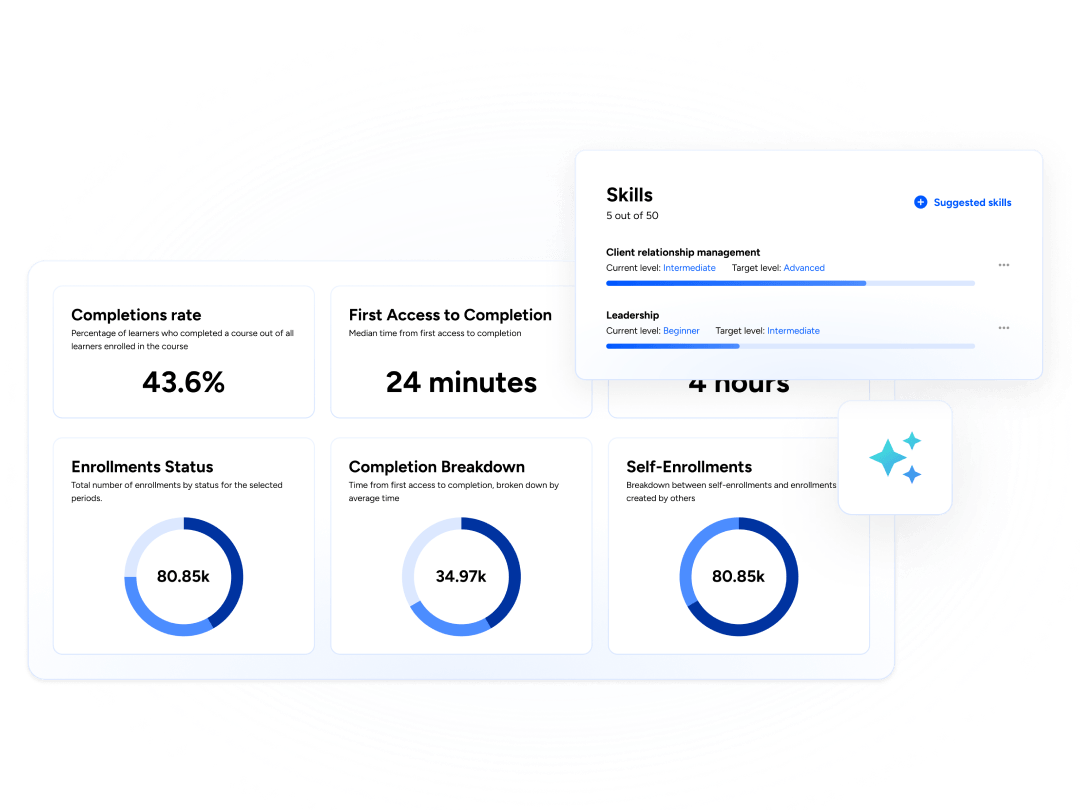
Our platform
Discover the limitless power of learning
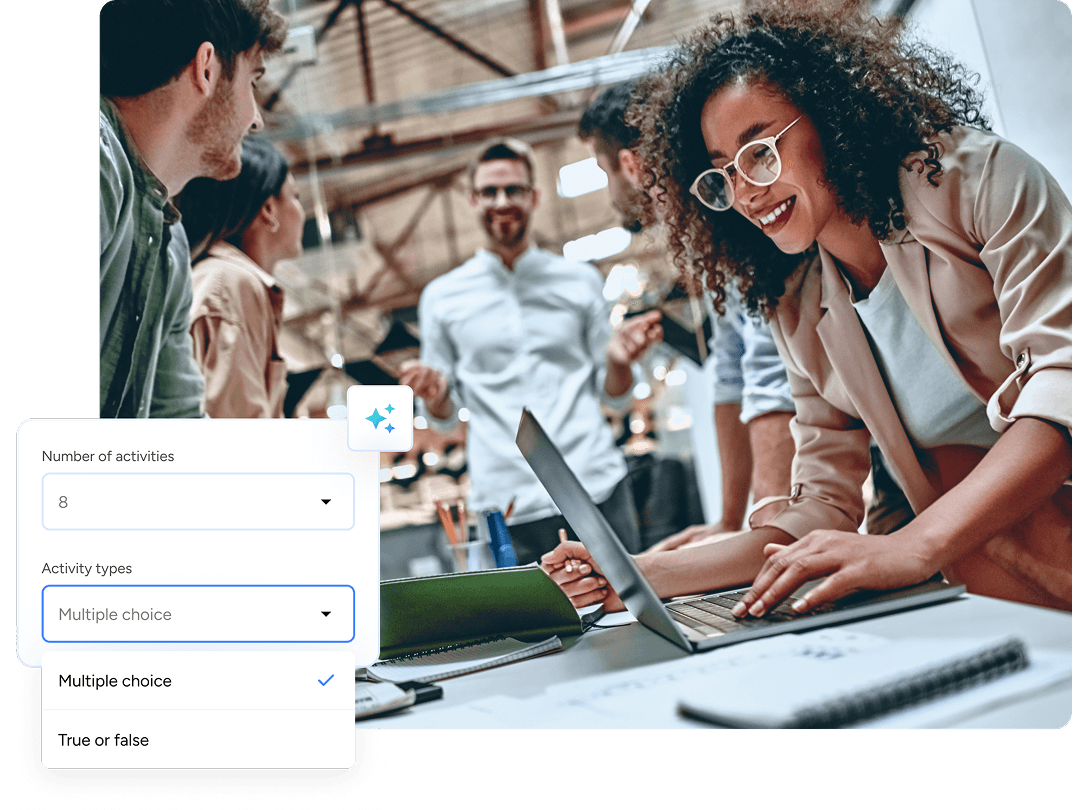
the future of learning
Driven by innovation. Powered by AI.
Any audience. Any size. Any scenario.
Create learning programs that drive engagement, productivity, advocacy, and impact
with your customers, partners, and employees.
Employee Onboarding
Ramp up new employees so they can get down to business sooner.
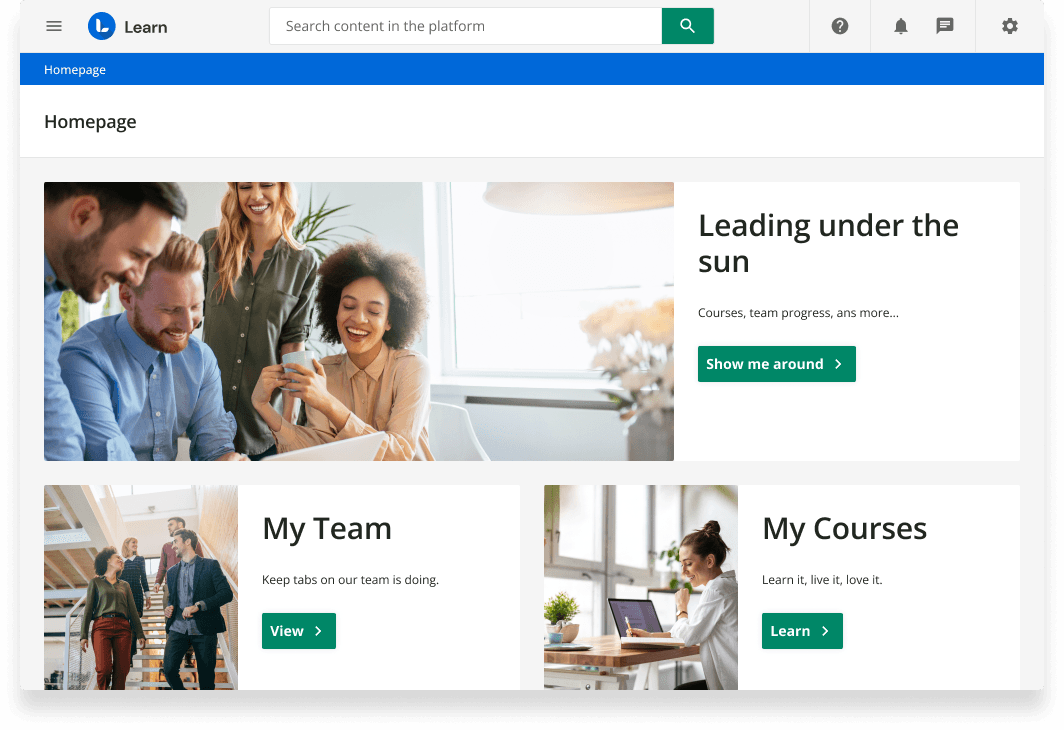
Compliance Training
Manage compliance training and certifications, meet standards, and mitigate risks.
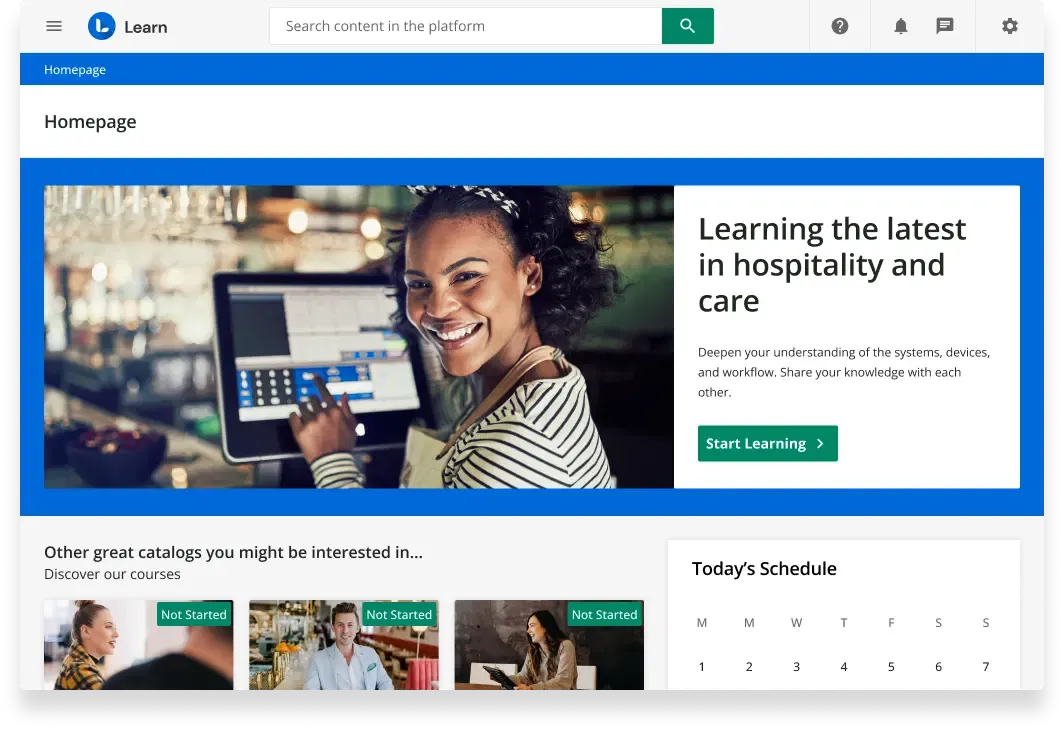
Sales Enablement
Get sales teams up to speed and crushing quotas faster.
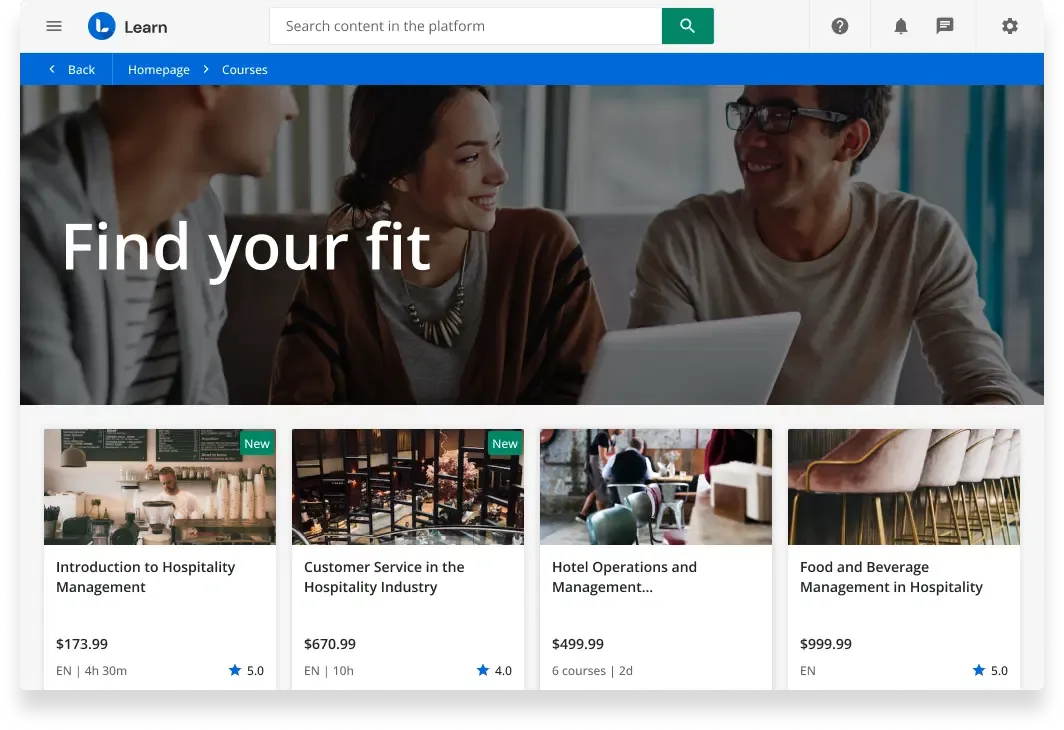
Talent Development
Enable employees and leaders to grow in their roles and unlock new values for the business.
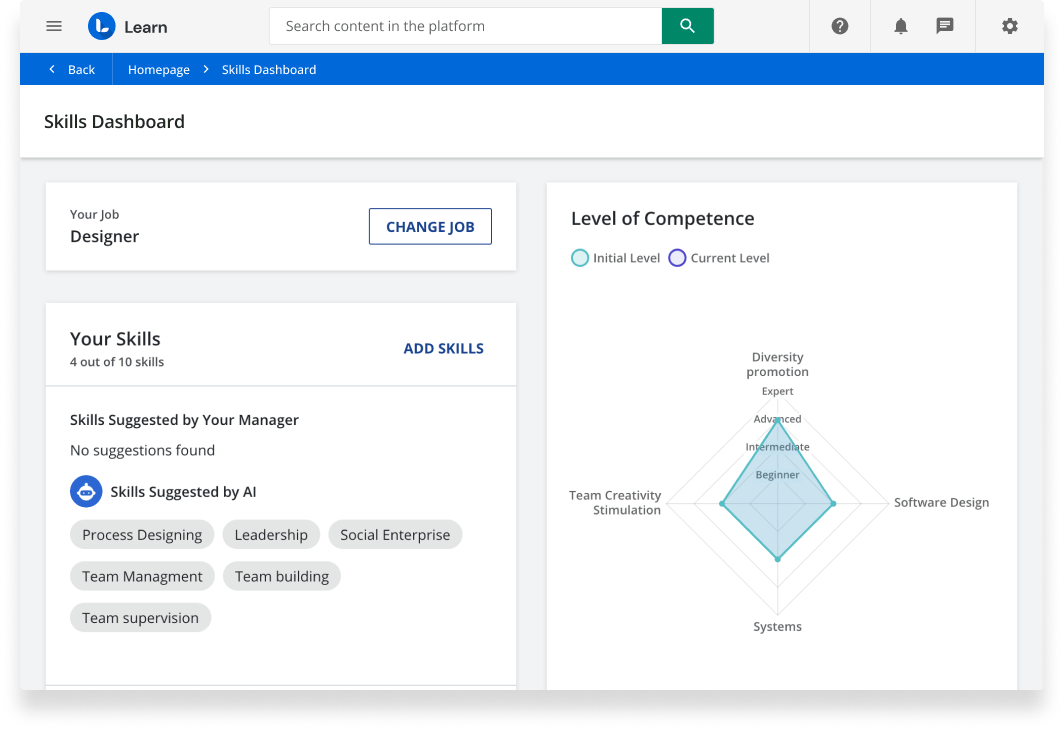
Customer Education
Educate, retain, and engage customers to improve outcomes and loyalty.
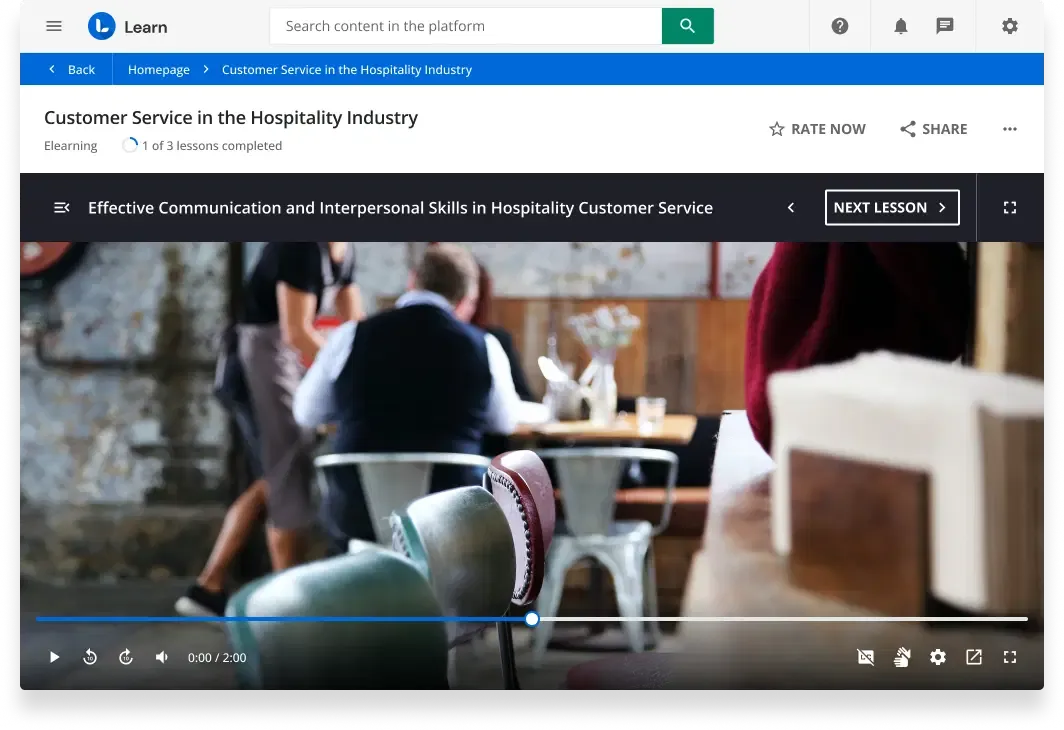
Partner Enablement
Turn your partners into champions for your brand and product.
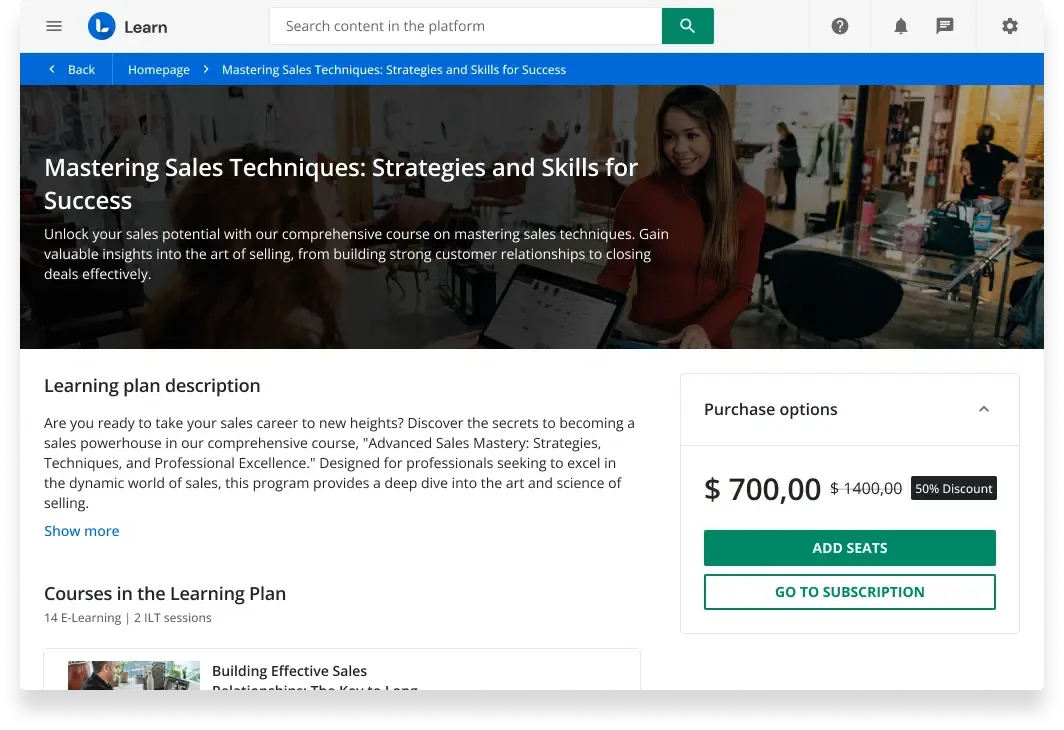
Member Training
Empower your members with industry knowledge and best-in-class training.
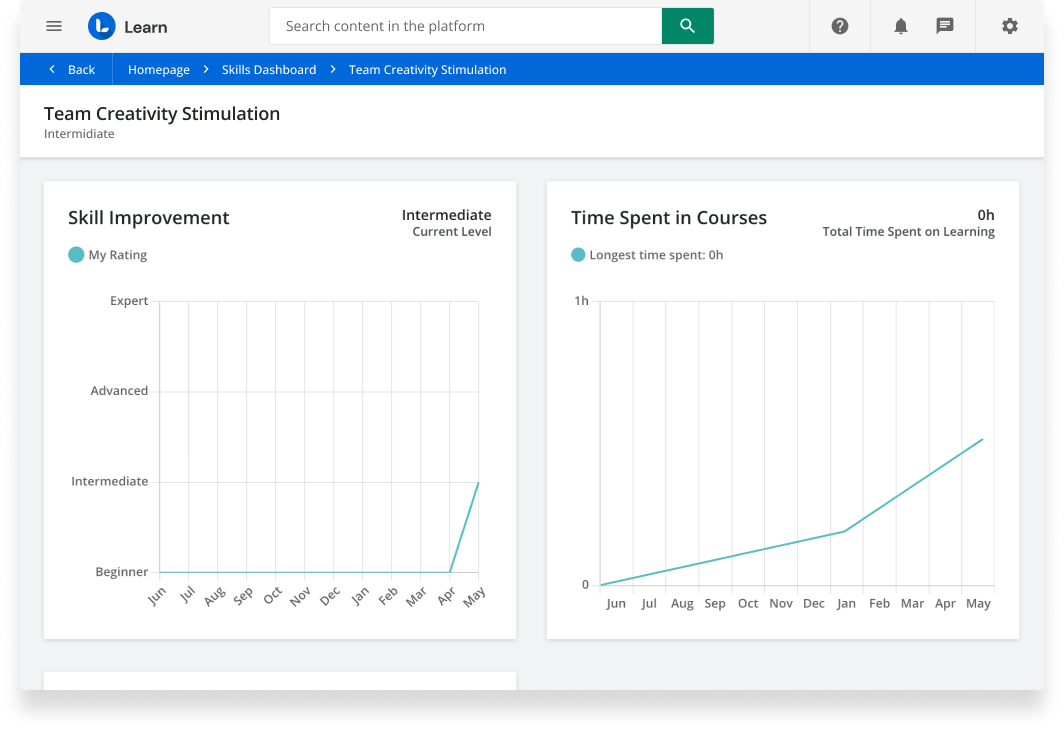
Get the learning platform that’s built for business
Our Awards
Docebo is a recognized industry leader and trusted learning partner

